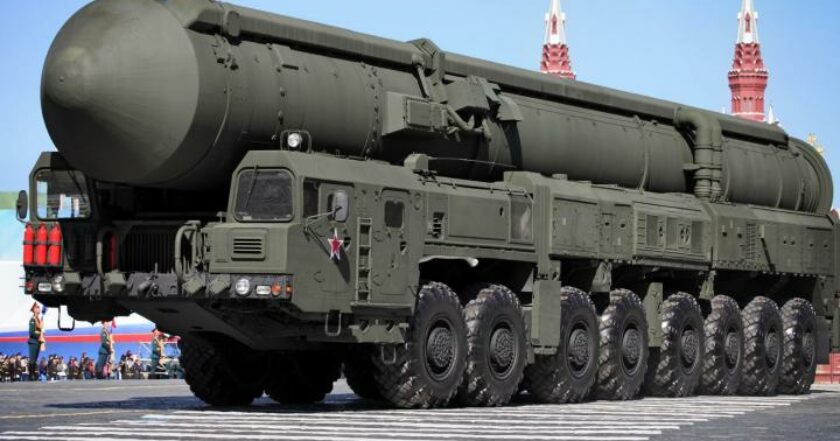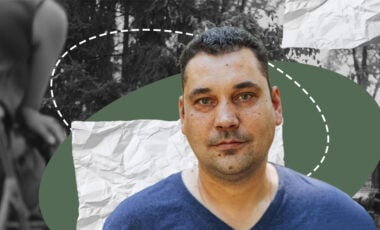Russian dictator threatens West, yet continuously changes his "red lines" – ISW

According to military experts at the Institute for the Study of War, Russian President Vladimir Putin's remarks exhibit ambiguity in establishing "red lines," which raises concerns about his preparedness for potential escalation.
The Institute for the Study of War (ISW) reported that.
Analysts believe that Putin's statement from November 21 demonstrates that Moscow's rhetoric about escalation remains mostly just words.
Putin's recent threats were directed against Western countries that allowed Ukraine to launch long-range strikes on "Russian territory."
However, Ukrainian troops have long been striking occupied territories that the Kremlin illegally declared part of Russia, including Crimea, which was annexed in 2014.
ISW experts note that Ukraine has been regularly attacking Crimea with American ATACMS missiles and British Storm Shadow missiles since April 2023.
ISW experts emphasize that the Kremlin's rhetoric about "red lines" constantly changes, undermining its effectiveness.
The Russian government has repeatedly threatened measures in response to Western support for Ukraine but has never followed through on its promises.
"Putin previously threatened severe retaliation if Western states provided Ukraine with rocket artillery, tanks, warplanes, and the ability to strike into Russia, and Putin has constantly shifted the goalposts every time the West has called Putin's bluff," the report says.
Key findings:
- Russian President Vladimir Putin intensified his reflexive control campaign aimed at Ukraine and its Western partners by conducting an ostentatious ballistic missile strike against Ukraine that used multiple reentry vehicles on November 21.
- Putin explicitly threatened that Russia might attack Western countries that support Ukrainian deep strikes in Russia and rhetorically connected the November 21 ballistic missile strike to Russian nuclear capabilities – a marked intensification of an existing Russian information operation that aims to use explicit threats and nuclear saber-rattling to discourage continued Western military support for Ukraine.
- Putin's November 21 statement demonstrates that Moscow's constant saber-rattling largely remains rhetorical.
- Neither the Oreshnik ballistic missile strike nor Putin's November 21 statement represent a significant inflection in Russian strike capabilities or likeliness to use a nuclear weapon.
- The Kremlin continues to demonstrate its total commitment to use the prospect of "negotiations" with Ukraine and the West to pursue nothing short of the total destruction of the Ukrainian state despite Russian President Vladimir Putin's efforts to posture himself as amenable to peace negotiations.
- North Korean troops reportedly train alongside Russian naval infantry and airborne (VDV) units.
- North Korea's ability to learn and integrate lessons from fighting alongside Russia is likely to be significantly degraded if the Russian military command uses North Korean troops in the same highly attritional infantry-led assaults that it uses most Russian personnel.
- Russian forces recently marginally advanced in the main Ukrainian salient in the Kursk region southeast of Sudzha.
- Ukrainian forces recently advanced north of Vuhledar. Russian forces recently advanced northwest of Kreminna, southeast of Chasiv Yar, in Toretsk, southeast of Kurakhove, northeast of Vuhledar, and likely advanced northeast of Velyka Novosilka.
- The Russian State Duma adopted a three-year federal budget with record defense expenditures from 2025-2027.

Solutions from Ukraine: Ukrainian POWs' families unleash Moscow Conventions to expose Russia's crimes against humanity

Russia strikes Dnipro with intercontinental ballistic missile – video

Ukraine possibly targets Russian troop headquarters by Storm Shadow in Kursk attack – ISW




















































